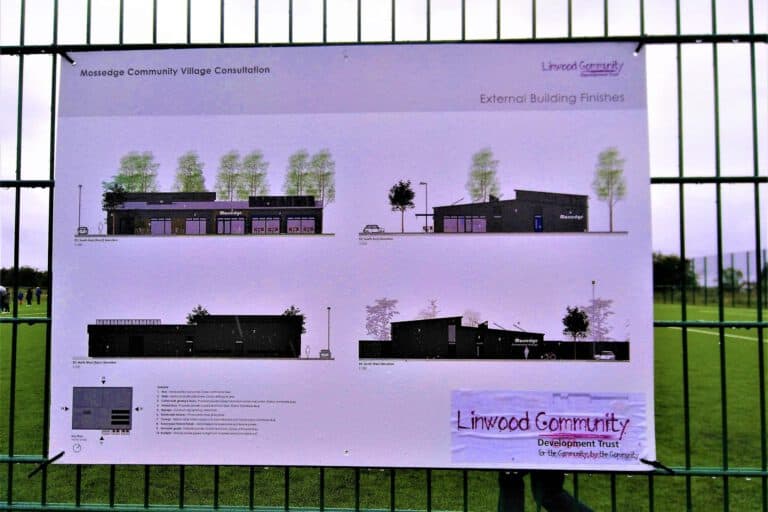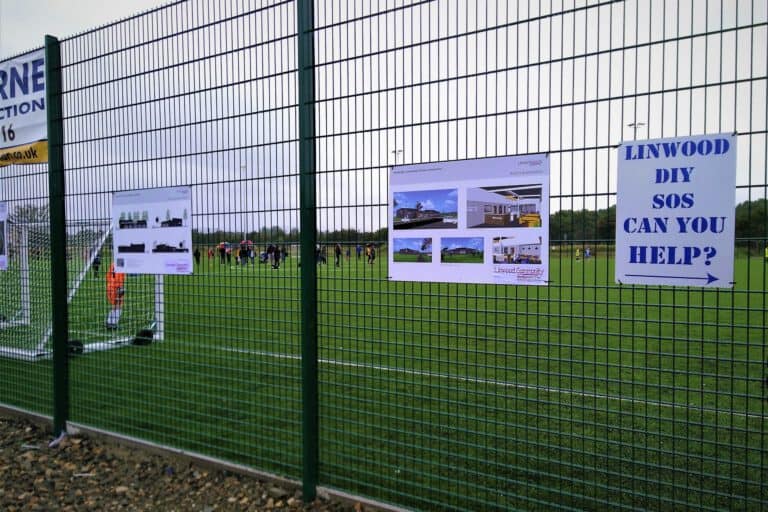Linwood Community Development Trust
The Linwood Community Development Trust (LCDT) is located in Linwood, a Renfrewshire town of roughly 9500 whose economy was formerly dominated by automotive manufacturing.
Spurred on in part by several major regeneration projects in the area that had proceeded without meaningful community consultation, LCDT was set-up in 2011 to tackle decline in the community. The Trust was initially formed by six women from the local community, all who wanted to improve health and wellbeing, reduce social inequalities and build social capital within Linwood.
“This started with a group of ordinary working mums who didn’t like seeing the community left as it was and wanted better for their children. The children are all grown up now, left home, gone to university. That whole generation missed out. Hopefully the next generation won’t.”
Kirsty Flannigan, one of the founders
Having secured the funds required in 2017, the Trust purchased and transformed Mossedge Primary School into Mossedge Village, a £2.4million community facility, owned and run by the local community. Extensive engagement with the local community also identified a number of projects to address issues which local residents identified as being important, these became: Roots of Linwood – a green grocery delivering fruit and vegetables within the community, Linwood in Bloom – a community flower gardening project, Linwood Community Choir plus many more community focussed initiatives.
Looking ahead, the Trust hopes that they can create a sustainable local economy that re-invests in the community, achieving financial self-sufficiency in 4–5 years. They are also keen to ensure the long-term regeneration of Linwood and to encourage people in the community to “do it for themselves instead of waiting.”
LCDT sees their and other community centres as ‘essential to the survival of sustaining community spirit within local communities, as they are not merely buildings but the cornerstone of the local neighbourhood. They should be impersonal venues that serve the needs of residents seeking a traditional, informal and affordable way to meet with friends and neighbours in their local community.’


